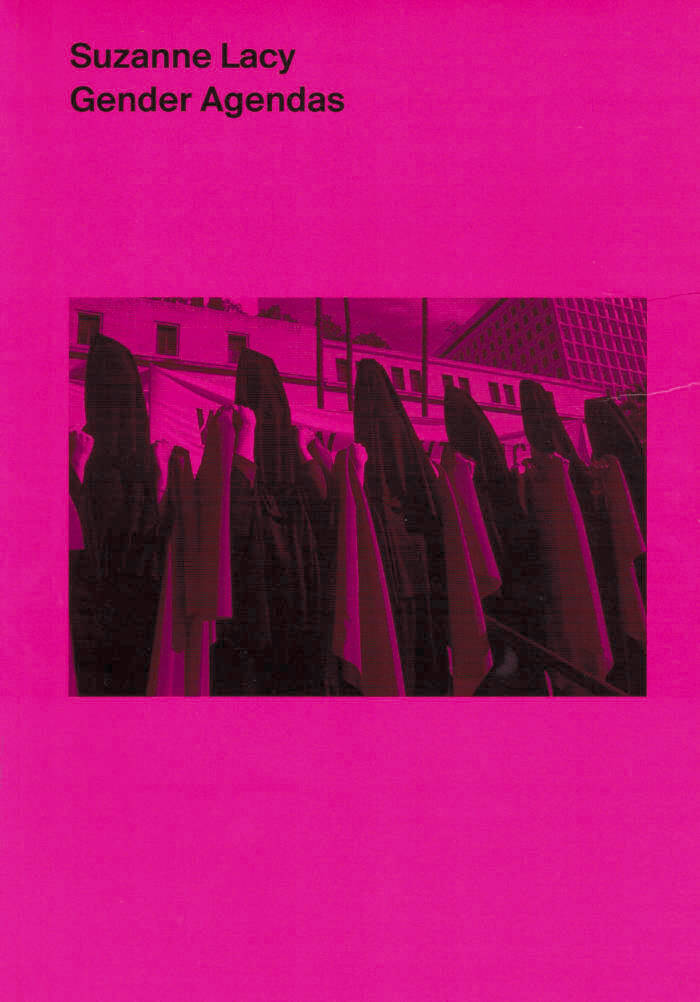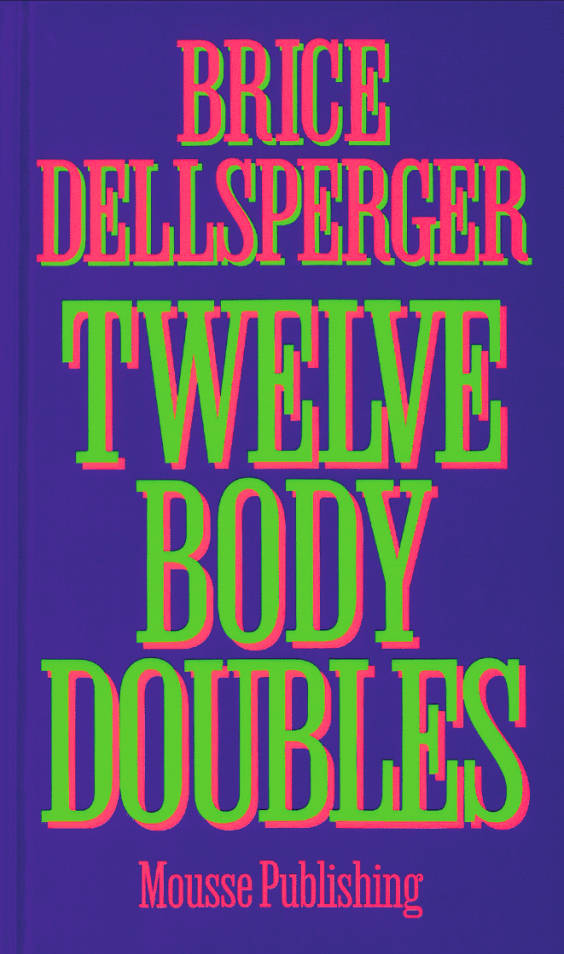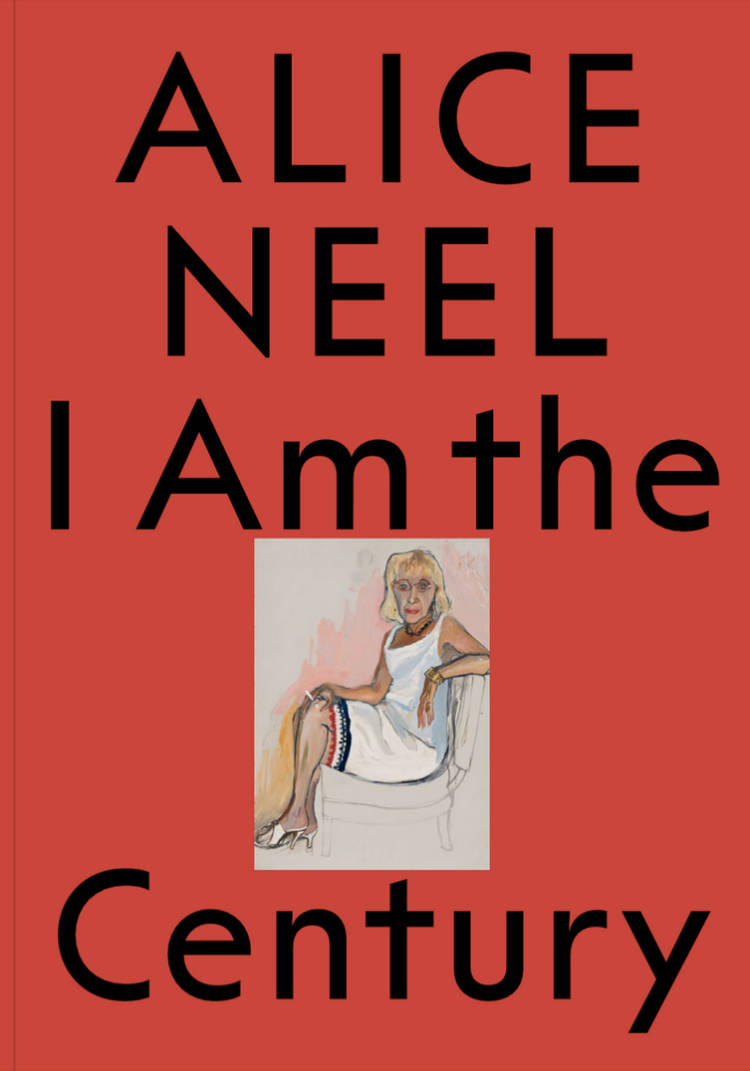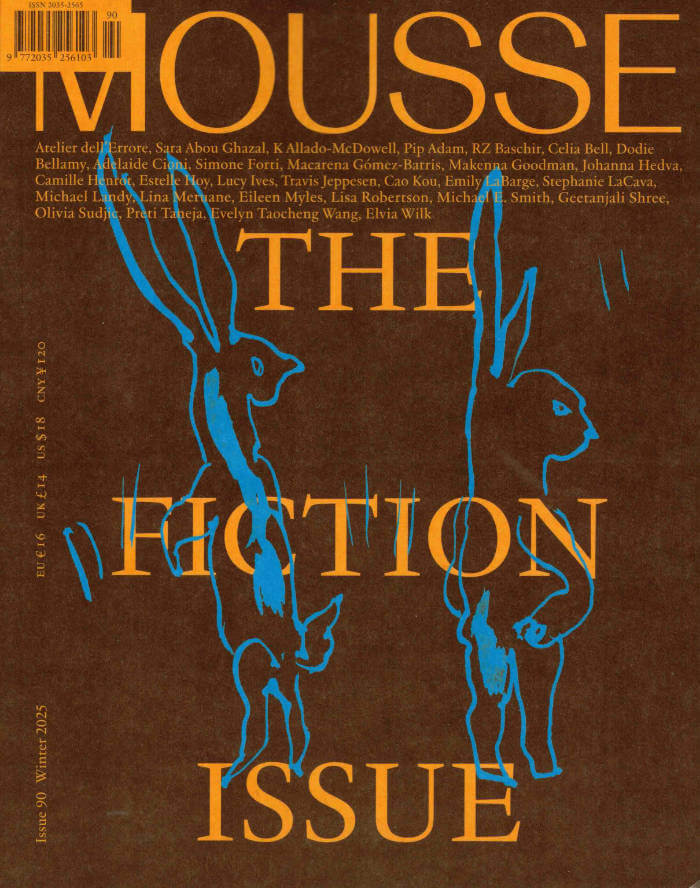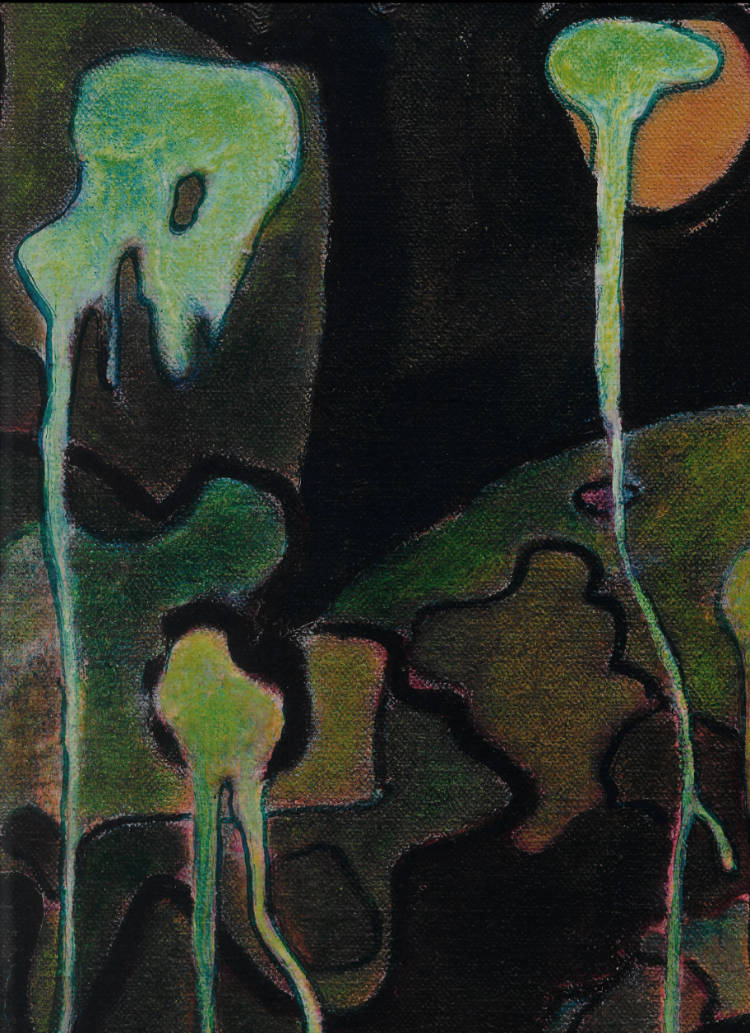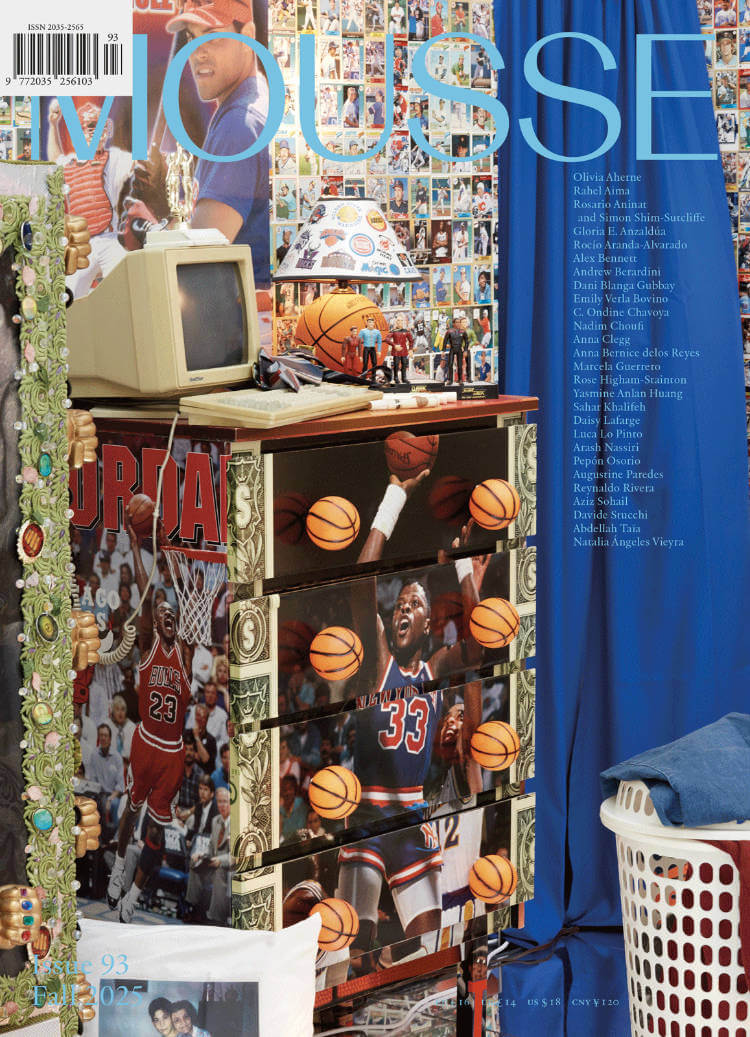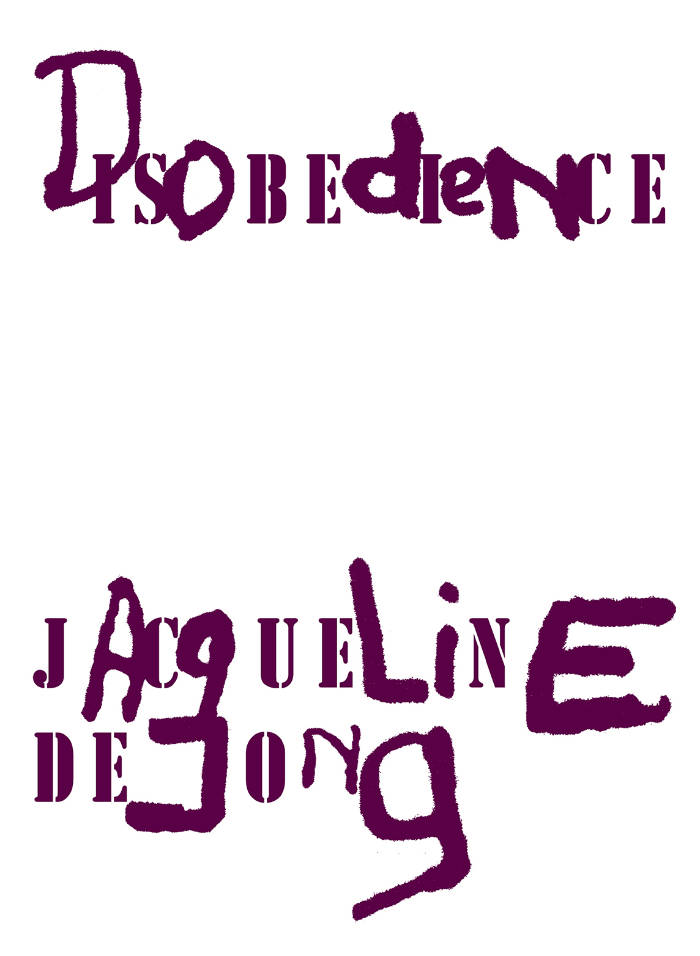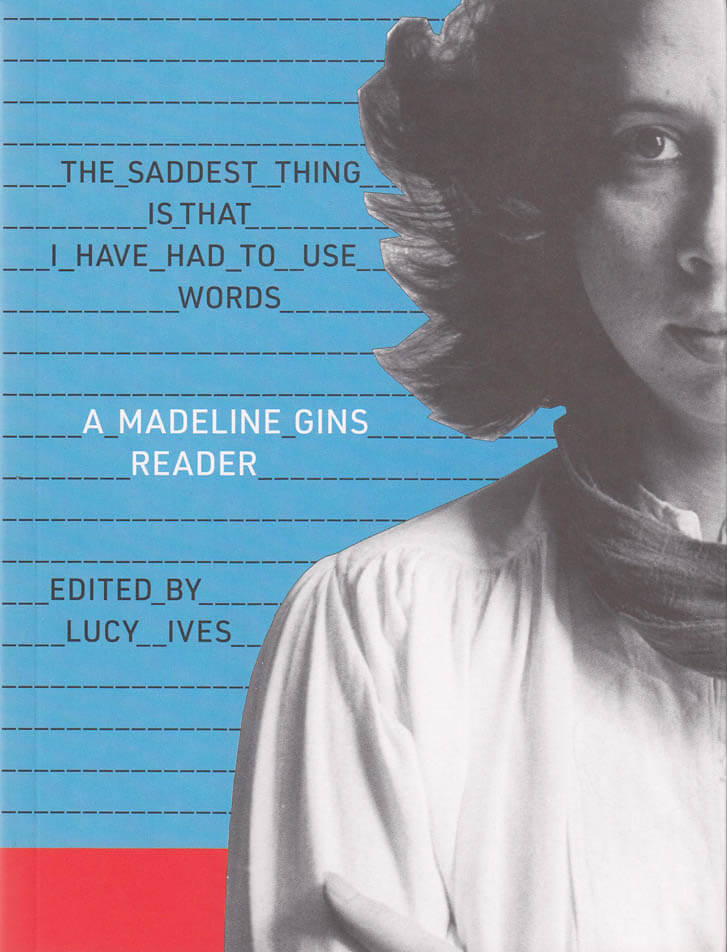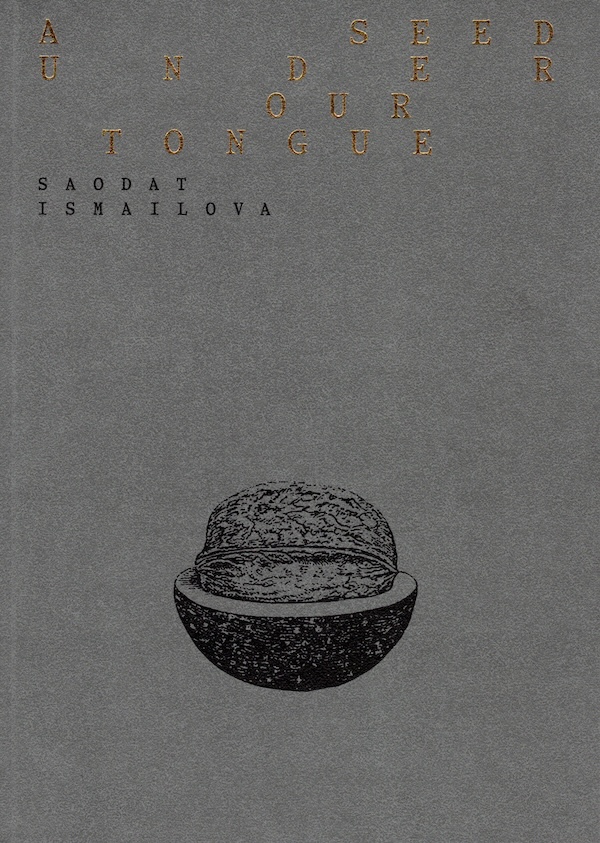This publication aims to provide a critical and profound reading of Alice Neel's humanism, constructing a journey through her artistic and personal life. The book includes texts by academics and artists, enriched by an extensive number of illustrations, archival photographs and documents.
Alice Neel: I Am the Century accompanies the first major retrospective in Italy dedicated to the US artist Alice Neel (1900–1984), presented by Pinacoteca Agnelli, Turin. Conceived as both a critical and a narrative journey, this publication offers an in-depth exploration of Neel's artistic and personal life, expanding on the exhibition through a rich selection of essays and visual material. It brings together sixty works reproduced in dialogue with archival documents, highlighting Neel's role as a pioneer and one of the most important painters of the twentieth century. Contributions by curators, scholars, and artists—including Kelly Richman-Abdou, Jennifer Higgie, Mira Schor, and Annie Sprinkle—provide multiple perspectives on Neel's practice, situating her radical approach to portraiture within broader artistic, social, and political contexts.
Merging realism with surrealism and empathy with unflinching clarity, Neel captured the psychological and emotional depth of her sitters. The publication emphasizes her capacity to chronicle life's stages and relationships—childhood and adulthood, sexuality and intimacy, community and political consciousness—through works that continue to resonate with contemporary audiences. Positioning Neel as both artist and witness, I Am the Century underscores her enduring humanism and her singular vision of the "human comedy," offering readers a comprehensive entry point into a body of work that is still influencing new generations of artists.
Born in 1900 in Merion Square, Pennsylvania, Alice Neel lived in Philadelphia and Havana before settling in New York (where she lived until her death in 1984), becoming part of the social milieu of the Harlem neighbourhood. She painted figuratively throughout her life, often using the people "around her" as subjects, models and muses. For Neel, this meant portraying both the residents of Harlem as well as strangers, friends and intellectuals who often shared her proximity to the Communist Party. A figurative painter in an era dominated by Abstract Expressionism, Neel developed remarkable and radical new ways of representing the human body in painting, such as with her celebrated nudes of pregnant women.. The introspective aspect of Neel's work, her ability to capture the essence of her subjects and their souls, has made her today one of the most appreciated and respected artists of the twentieth century.
Neel's work has been the subject of retrospectives at the Metropolitan Museum of Art in New York, the Guggenheim Museum Bilbao and the Centre Pompidou in Paris. It forms part of the permanent collections of institutions such as the Art Institute of Chicago; the Hirshhorn Museum and Sculpture Garden in Washington, D.C.; the Metropolitan Museum of Art; Moderna Museet in Stockholm; the Museum of Contemporary Art in Los Angeles; the Museum of Fine Arts in Houston; the Museum of Modern Art in New York; the National Gallery of Art in Washington, D.C.; the Philadelphia Museum of Art; Tate Modern in London; the Walker Art Center in Minneapolis, Minnesota; and the Whitney Museum of American Art in New York.
Edited by Sarah Cosulich and Pietro Rigolo.
Texts by Sarah Cosulich, Jennifer Higgie, Kelly Richman-Abdou, Pietro Rigolo, Mira Schor, Annie Sprinkle.
